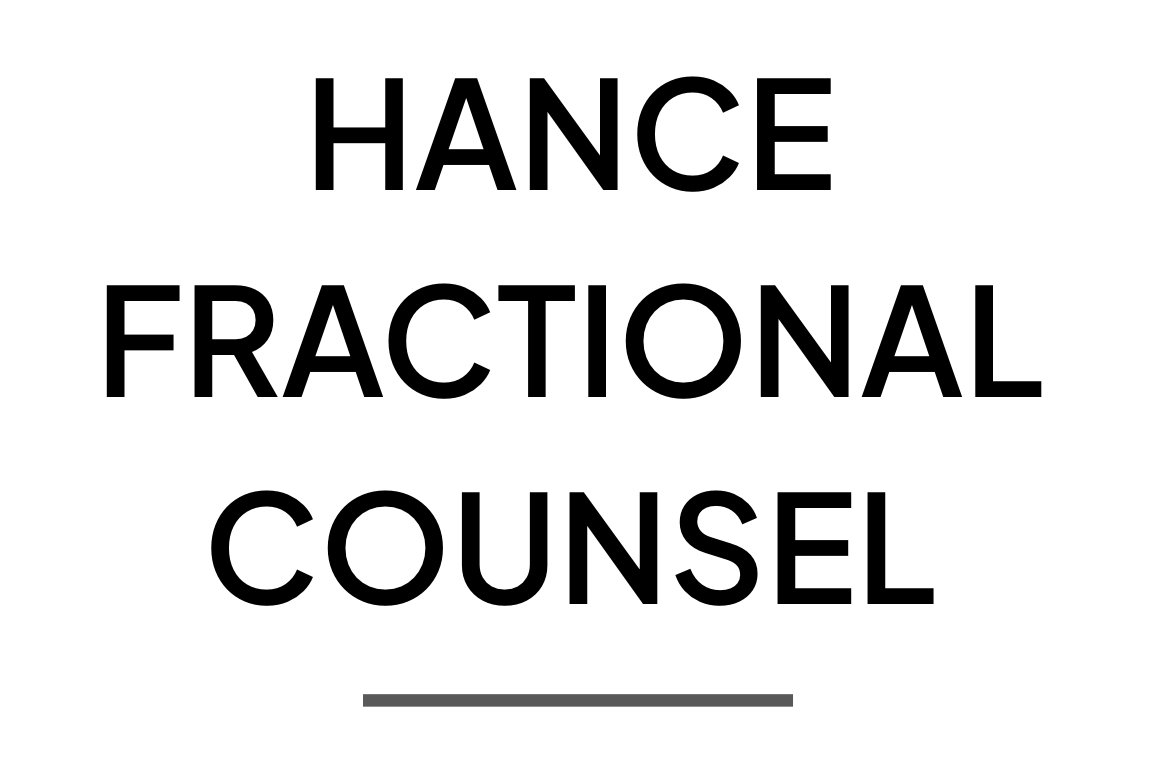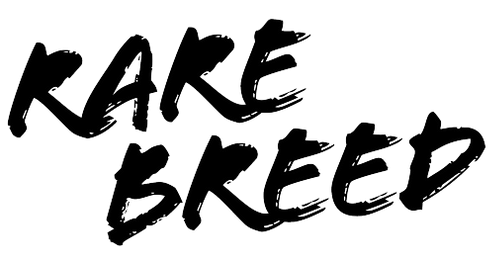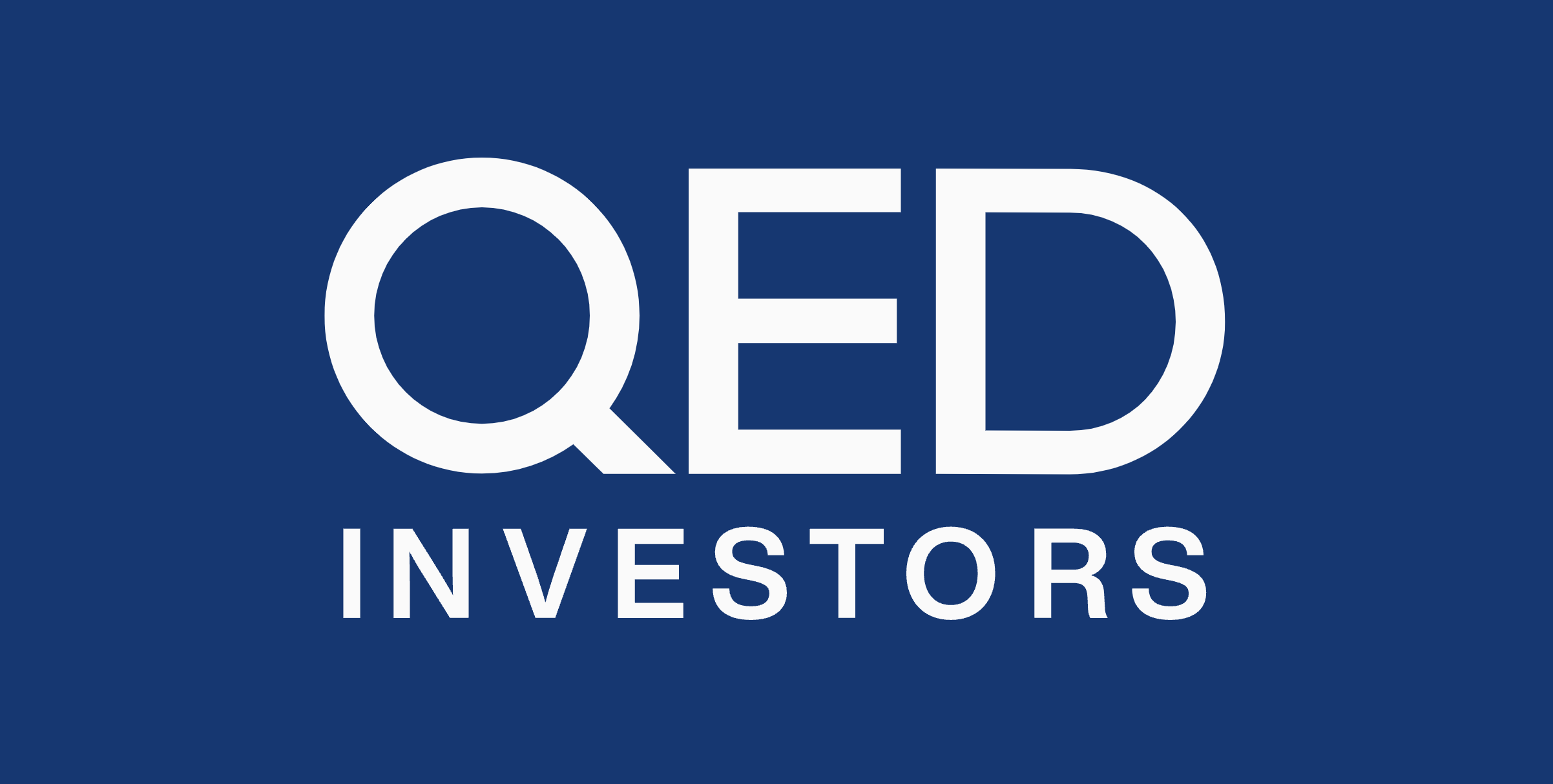Startup
Cap table
equity
Europe
Fintech
Valuations

How fintech startup Codat uses Carta to keep employee equity in check
Learn more
Startup
APAC
Healthcare

Why Singapore-based Mito Health believes Carta is necessary for any startup
Learn more
Startup
APAC
Cap table
Fintech

How Carta helped Indonesian startup Pintu scale efficiently
Learn more
Startup
APAC
Cap table
Fintech

How Endowus expanded to Hong Kong, using Carta to streamline regulatory compliance
Learn more
Startup
equity
Fintech
options

How Vested uses Carta APIs to streamline employee stock option funding
Learn more
Startup
general counsel
law firms
pro forma

How Carta makes pro formas painless for this general counsel
Learn more
Venture Capital
APAC
Early-stage
Fintech
venture capital

How VC firm Vectr Fintech grew with the help of Carta Fund Admin
Learn more
Startup
LLC
phantom equity

How Carta makes phantom equity simple for Athena LLC
Learn more
Venture Capital
API
fund administration
software-as-a-service
venture capital

How Valor VC uses Carta APIs to streamline portfolio reporting and audits
Learn more
Startup
Advertising
E-commerce
Fintech

How Perkville uses Carta to automate equity and compensation management
Learn more
Startup
Fintech

How StellarFi leverages the Carta platform for cap table, compensation, and equity advisory
Learn more
Startup
B2B
SaaS

How Carta helps Streamline manage equity, make hires, and save on taxes
Learn more
Venture Capital
Early-stage

How Carta helps first-time fund manager at Rarebreed VC focus on founders
Learn more
Venture Capital
Fintech
Upmarket

How QED Investors leveraged Carta technology to keep up with growth
Learn more
Startup
Early-stage
SaaS

Luminary Cloud chooses Carta for Qualified Small Business Stock (QSBS) attestation letter and Equity Advisory
Learn more
Startup
E-commerce
rfid

RADAR and Carta: Empowering equity ownership with QSBS and early exercise
Learn more
Startup
B2B

Relativity chose Carta LLC platform to help manage its equity program
Learn more
Venture Capital
Consumer
Femtech
Healthcare

How Emmeline Ventures uses Carta’s operational planning model to break into VC
Learn more
Venture Capital
Biotech
Healthtech

Rising biotech VC partners with Carta for fund administration
Learn more
Startup
Biotech

Xcell Biosciences partners with Carta Equity Advisory to educate and empower employees around their equity compensation
Learn more
Startup
Early-stage
SaaS

StreetMetrics invests in its employees’ well-being with personalized equity and tax education
Learn more
Venture Capital
Late-stage

How High Circle Ventures used SPVs to launch a VC firm
Learn more
Venture Capital
Late-stage

How NLVC manages funds and works with LPs in China and the US
Learn more
Startup
Early-stage
SaaS

VEERUM prepares for future business growth with Carta
Learn more
Venture Capital
Early-stage

Carta enables better LP communication for M13’s unique strategy
Learn more
Venture Capital
Early-stage

How Kapor Capital uses Carta to advance its socially conscious investment thesis
Learn more
Venture Capital
Late-stage

How VCFA Group scaled their secondaries strategy with Carta
Learn more
Venture Capital
Early-stage

How Las Olas uses Carta to manage their back office
Learn more
Venture Capital
Early-stage

How Carta helps Harlem Capital invest in diversity
Learn more
Venture Capital
Late-stage

How Xenon uses Carta to help more founders
Learn more
Venture Capital
Early-stage

How Sinai Ventures got a dozen more founder meetings each month
Learn more
Startup
Enterprise
Late-stage

PandaDoc uses Carta to streamline board consents
Learn more
Startup
Early-stage
Media

Canada-based Wattpad manages equity with US investors
Learn more
Startup
IT
Late-stage

Puppet switches to Carta for a modern, trusted platform
Learn more
Startup
Biotech
Early-stage

lmmunomedics manages their equity through key milestones on Carta
Learn more
Startup
AI
Early-stage

Lightning AI hires transparently with Carta Total Comp data
Learn more
Startup
Early-stage
Web3

Gauntlet uses Carta Total Comp to hire competitively in the surging Web3 industry
Learn more
Startup
B2B
Early-stage

From 409As to SAFEs, Double A Labs uses Carta to scale
Learn more
Startup
Consumer
Early-stage

How Day Trippers doubled their valuation after using Carta
Learn more
Startup
Late-stage
SaaS

How Calendly improved their 409A process with Carta
Learn more
Startup
Biotech
Early-stage

Brickell Biotech manages their equity from private to public on Carta
Learn more
Startup
Healthtech

How H1 partnered with Carta to offer liquidity through a tender offer
Learn more















